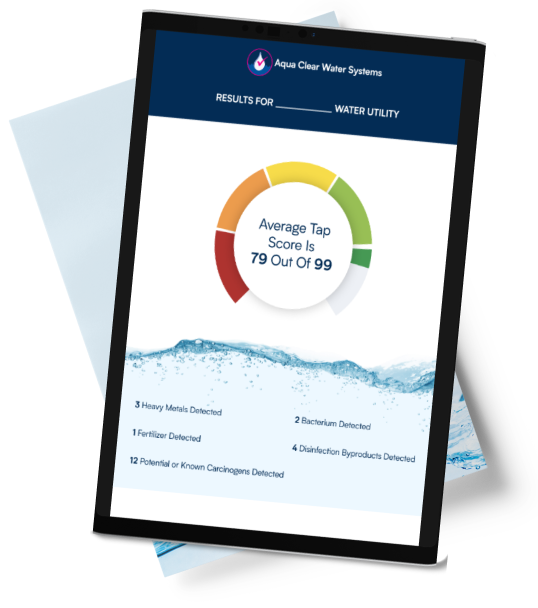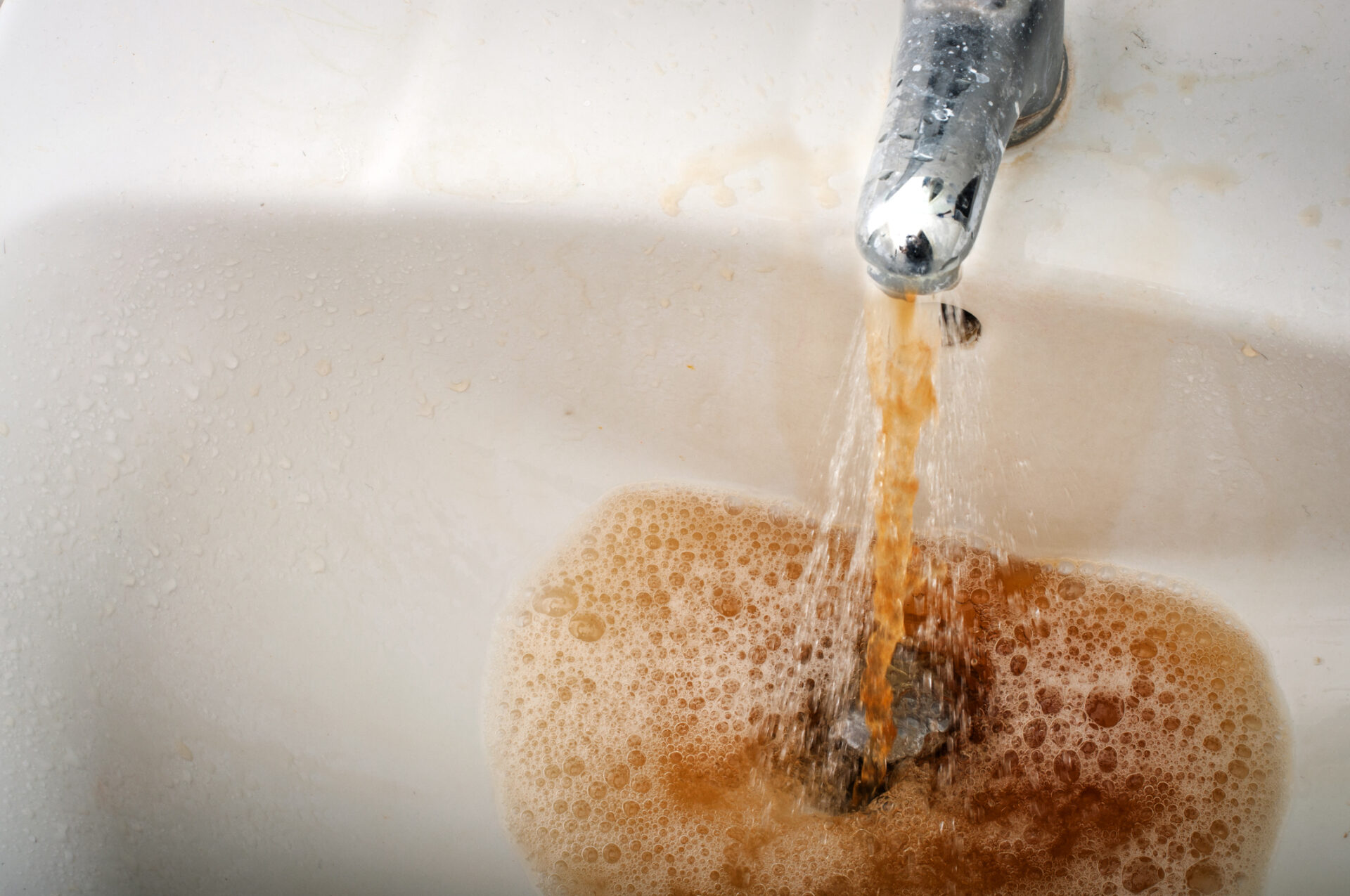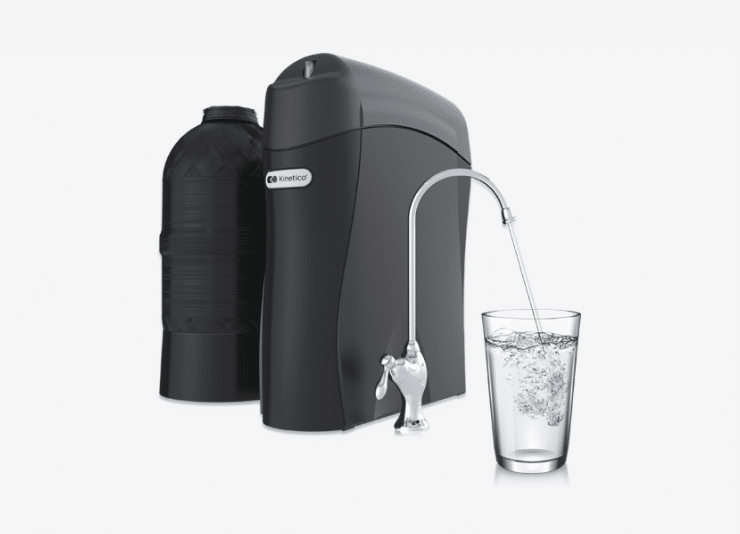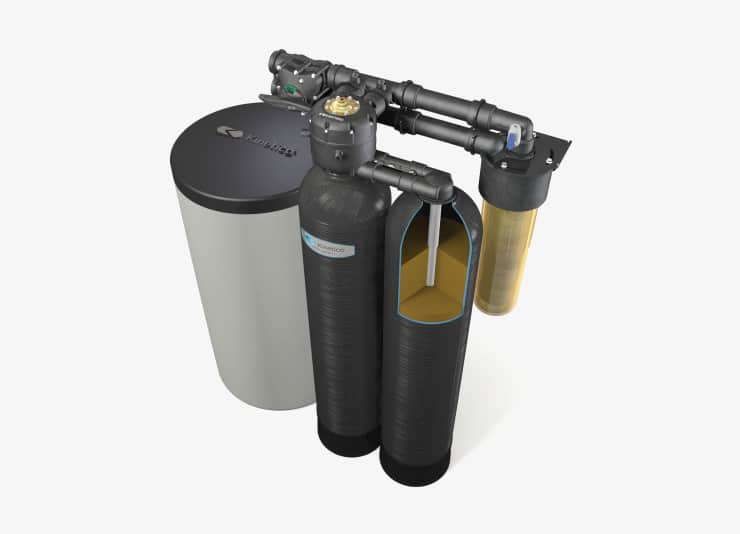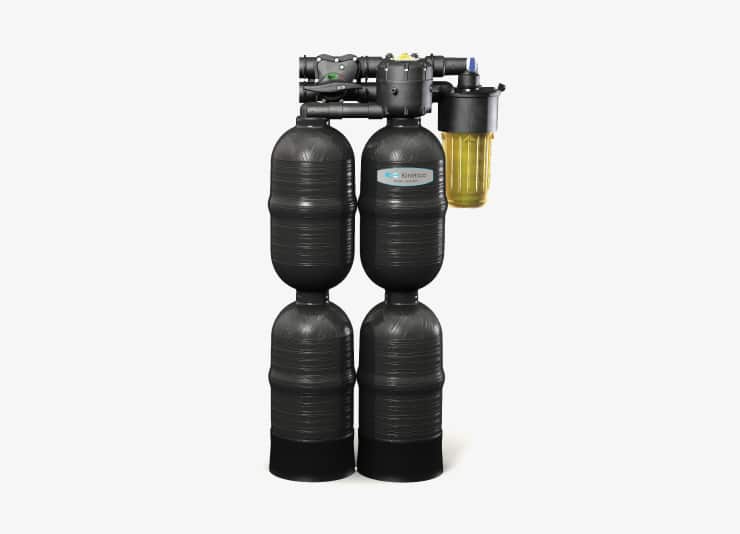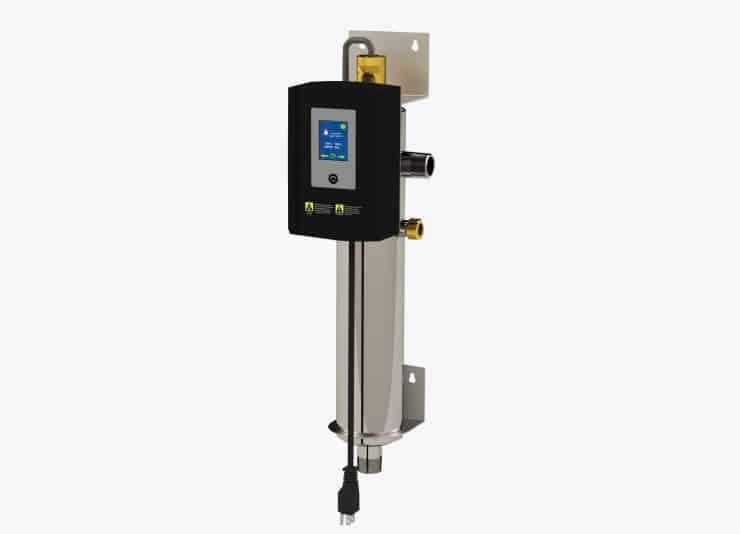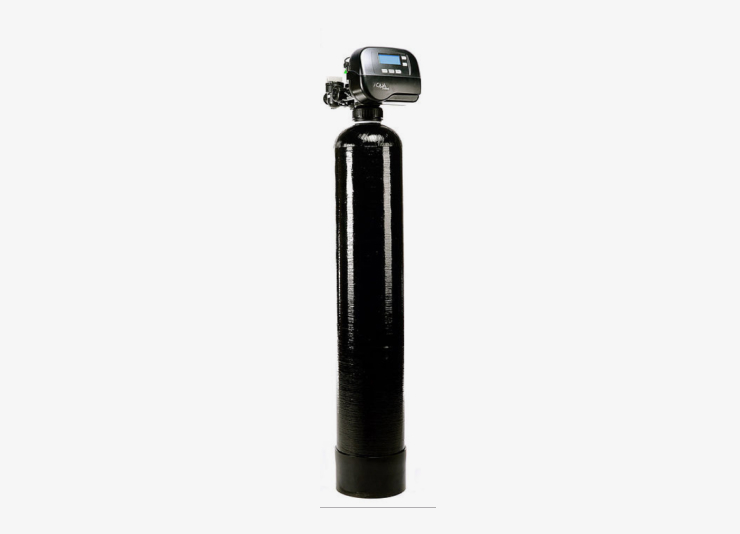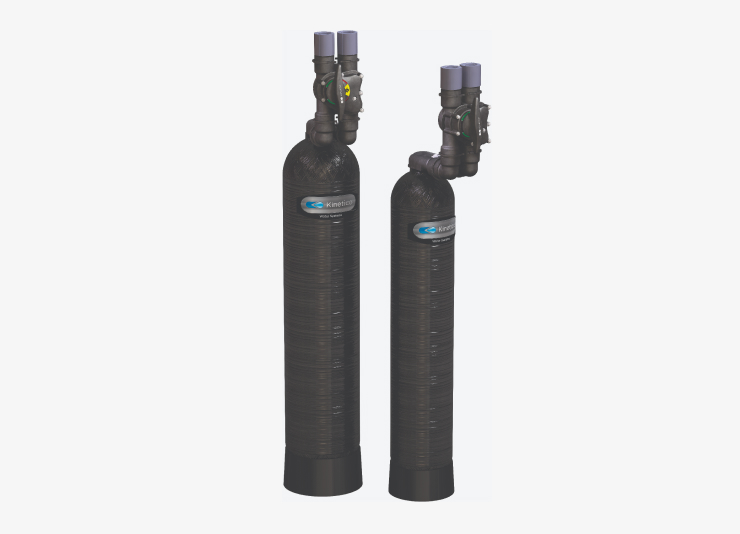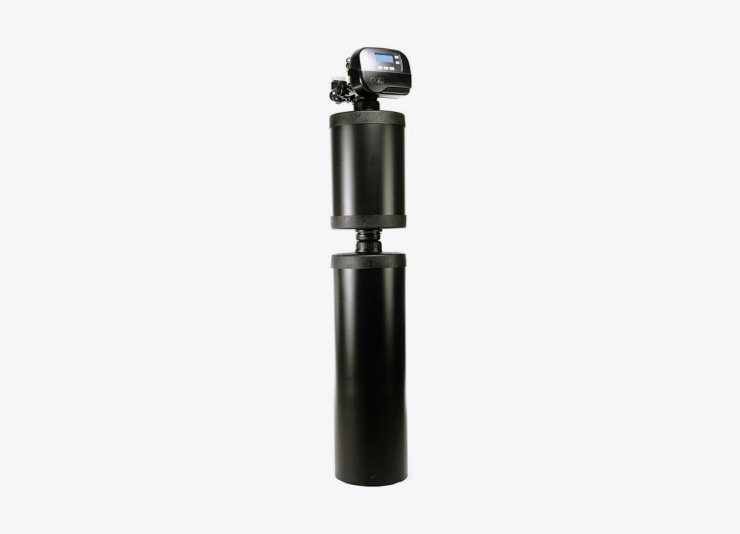
4 Ways To Treat Rust In Well Water
Rust in well water? Don't worry.
Rusty well water is easy to identify: it's a reddish color and leaves stains on laundry, dishes and pipe fixtures. Even ferrous iron, which is clear, will leave distinctive stains.
Iron can cause serious clogging issues in appliances such as sprinklers, washing machines and dishwashers if left untreated. Luckily, there are a variety of relatively straightforward ways to expunge the rust from your water supply and restore it to its usual clarity.
There are four main ways to purify the rusty water from a well.
How to get rust out of well water: Four Methods
- Installing water softener systems for homes
- Using hydrogen peroxide
- Installing a well water filtering system
- Installing an air injection system
This is one of the most popular options for good reason - water softeners offer a host of other benefits, such as fresh-tasting water (as all bottled water is softened) that won't clog your appliances. Water softeners work by removing the minerals from hard water - namely, calcium, magnesium and iron - from your household water supply. For the benefits they offer, they're available at a relatively cheap price. However, their main drawback is that they're unsuitable for high concentrations of iron in water. When tested, if your water supply contains over 8 parts per million (PPM), it's best to opt for another method of well water rust removal.
Installing a hydrogen peroxide system is another popular method of rust removal. Hydrogen peroxide is a selective form of bleach, and when installed, it can safely eliminate iron and iron-feeding bacteria. Even high quantities of iron (such as 20 PPM) are no match for a high-quality hydrogen peroxide system. They're also a great option for water systems contaminated with hydrogen sulfide (or sulfur in well water), which can be extremely damaging. The main drawback of hydrogen peroxide systems is that they can be quite an expensive option.
Filters are another good option, but only if the right filter is selected. If a water softener system is already installed, an iron filter is an easy add-on.
If the problem is that you've got flakes of rust in your water supply, a sediment supply will filter them out. However, if the water is contaminated with dissolved ferrous iron, then whole house iron filters for well water are the better option.
Although filters may seem like a cost-effective solution in comparison to hydrogen peroxide systems, their main drawback is that the filter cartridges will require replacing every 3-6 months. Additionally, for severe iron problems, a filter may not suffice.
An air injection system will work similarly to a hydrogen peroxide injection system: by filtering out the dissolved iron with a pocket of air at the top of the tank. The water flows through the trapped air, oxidizing any contaminants.
For those concerned about putting chemicals in their water supplies, air injection systems are a great alternative. Like its hydrogen peroxide equivalent, air injection systems can remove any other contaminants, such as lead or manganese. However, air injection systems are a pricier option.

In summary, noone wants rusty water from a well
There are a variety of options available for both home water softener systems for homes as well as commercial water systems to treat your water and remove all traces of iron. If in doubt, get in touch with a specialist who can direct you towards the most appropriate solution for your requirements.

$200 OFF Any Water System Installation
You’re one step closer to your water solution!
*Cannot be combined with any other offer


